In April, we acknowledge Hanuman Jayanti, Passover/Pesach, Vaisakhi, Tamil New Year, Good Friday, Easter Sunday and Easter Monday. Read more about each holiday/celebration below, written by members of our Inclusivity, Diversity, Equity and Accessibility (IDEA) Committee.
Hanuman Jayanti: April 11
Hanuman Jayanti marks the celebration of Lord Hanuman’s birthday. The term “Jayanti” means “victory” and “in the end,” and it is observed on the full moon day in April. Celebrations vary across India, with many people visiting Hanuman temples to offer prayers and religious offerings, which may include mustard oil, coconut, betel leaf garlands, sindoor, hibiscus, jasmine or dhatura flowers, dhoop, sweets and hymns. For those unable to visit temples, reading about Lord Hanuman, reflecting on his qualities and remembering him is also considered meaningful. Lord Hanuman is revered for his role in the battle between good and evil and is celebrated as the supreme monkey god, known for his courage, strength and unwavering devotion to Lord Rama. Devotees seek blessings for power, wisdom and protection from evil forces.
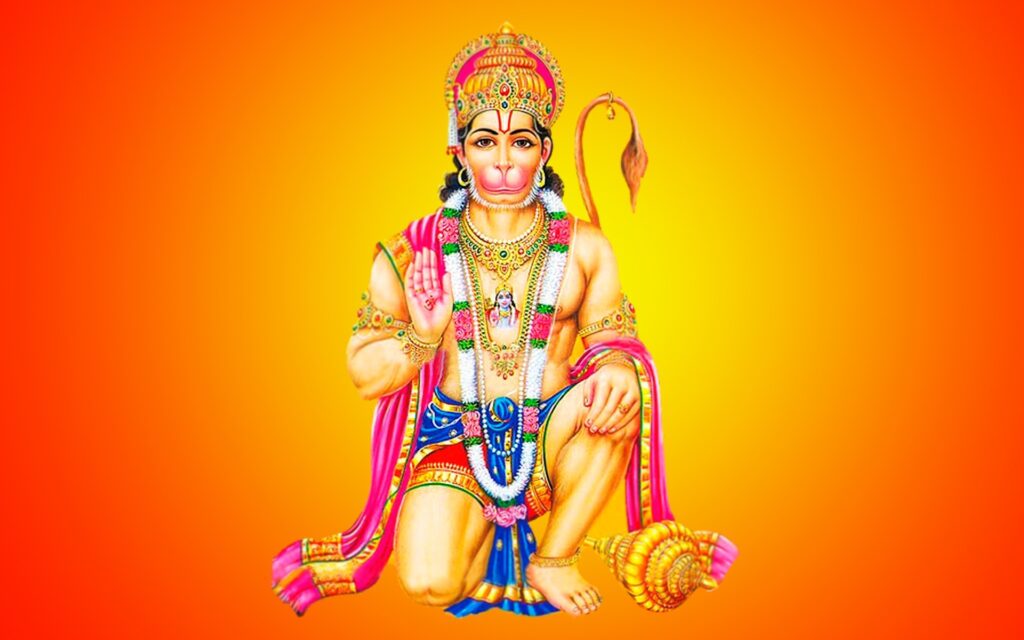
Passover/Pesach: April 12
Passover, or Pesach, is a Jewish observance that commemorates the slavery of the Israelites in Egypt and their exodus to freedom. The celebration lasts for seven days and eight nights. A central part of the holiday is the Seder, a ritual meal held on the eve of Pesach, which serves as both a feast and an educational experience. During the Seder, the story of the Exodus is recounted, and ritual foods symbolic of the journey are shared, including:
- Wine (four cups), symbolizing joy
- Bitter herbs, representing the suffering of slavery
- Green leafy vegetables, symbolizing the growth of spring and the continuity of the Jewish people
- Matzah, unleavened bread that represents the poor bread of slaves
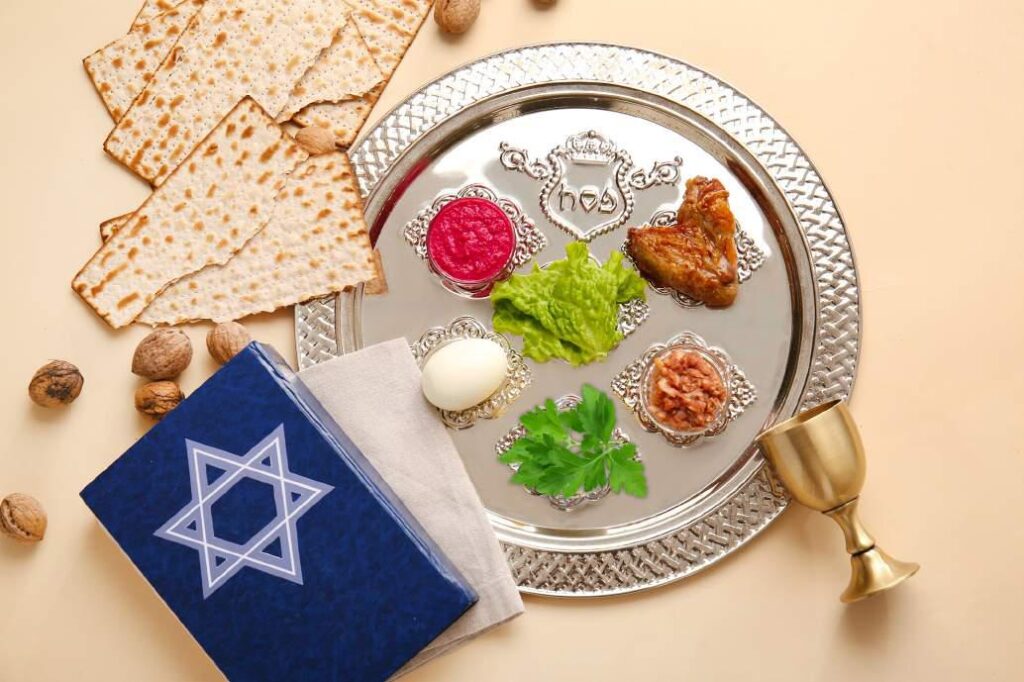
Throughout Passover, Jewish people are only permitted to eat unleavened bread, crackers and cookies.
Vaisakhi: April 14
Vaisakhi is a major festival celebrated by Sikhs worldwide, marking the birth of the Khalsa in 1699. This day holds deep religious significance, commemorating Guru Gobind Singh’s creation of the Khalsa, a collective body of initiated Sikhs. Vaisakhi also coincides with the start of the harvest season in Punjab, India, and is celebrated with great enthusiasm in the region.
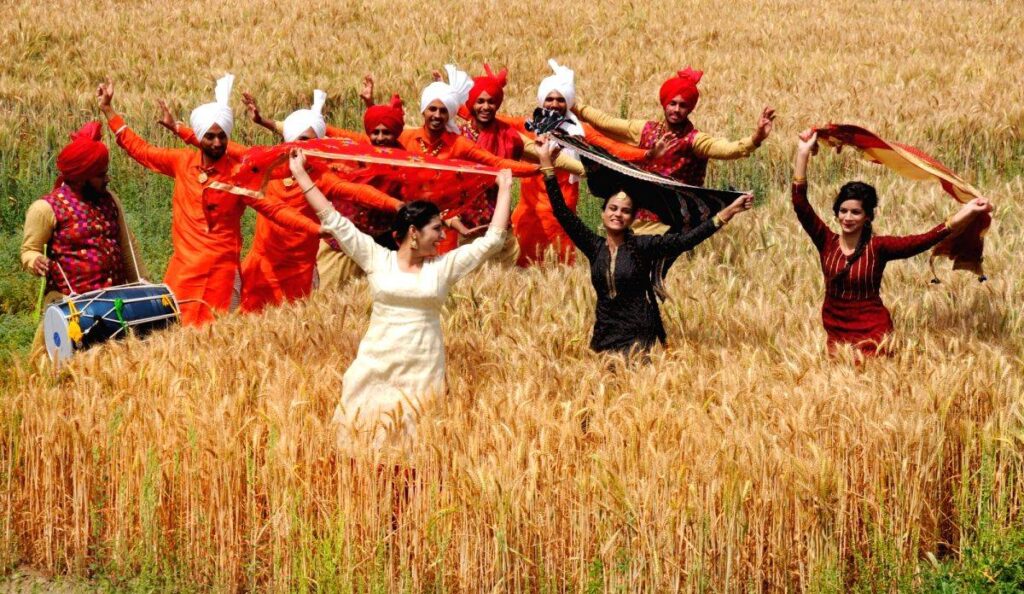
On Vaisakhi, Sikhs gather for prayers, processions and community events at Gurdwaras. The day includes the singing of hymns, the reading of sacred scriptures and the sharing of langar, a community meal. Vaisakhi is a time for renewal of faith, celebrating unity and honouring the rich cultural traditions of the Sikh community.
Tamil New Year: April 14
Tamil New Year, is a vibrant celebration that marks the beginning of the Tamil solar calendar. Celebrated on April 14, it holds significant cultural and religious meaning for Tamils worldwide, symbolizing a fresh start and the renewal of life. The day is observed with prayers, family gatherings and special rituals, all aimed at welcoming the new year with positivity and hope for prosperity.
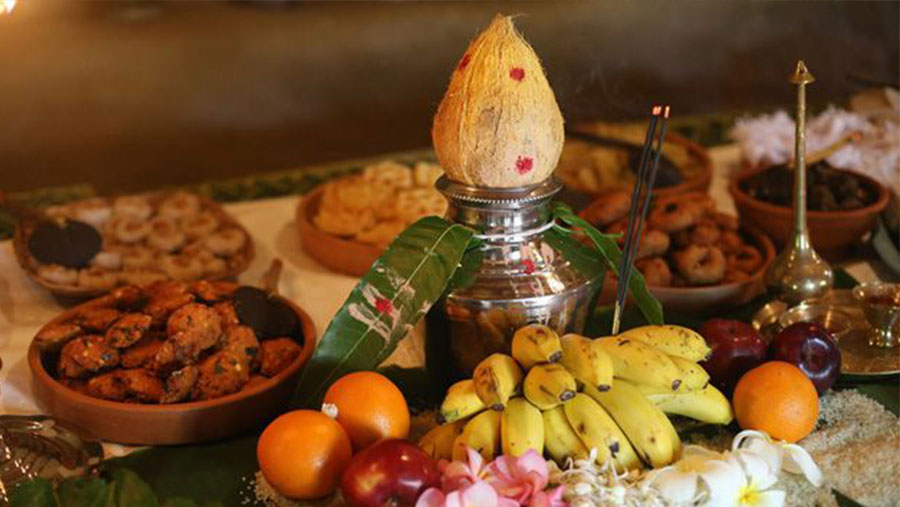
On Tamil New Year, families clean and decorate their homes, often with kolam (intricate rice powder designs) at the entrance. The day begins with a visit to the temple for prayers and offerings, seeking blessings for the year ahead. Traditional foods, including mango, neem and jaggery, are served to represent the bittersweetness of life, and festive feasts bring families together in celebration. It’s a time to reflect, embrace new beginnings and celebrate Tamil culture and heritage.
Good Friday: April 18
Good Friday is a Christian observance that commemorates the crucifixion and death of Jesus Christ. It is a solemn day marked by reflection and mourning, as it honours the sacrifice Jesus made for the salvation of humanity. Good Friday occurs on the Friday before Easter Sunday and is a key part of Holy Week celebrations. Christians around the world observe the day with prayer, church services and fasting, remembering the suffering and ultimate sacrifice of Jesus.
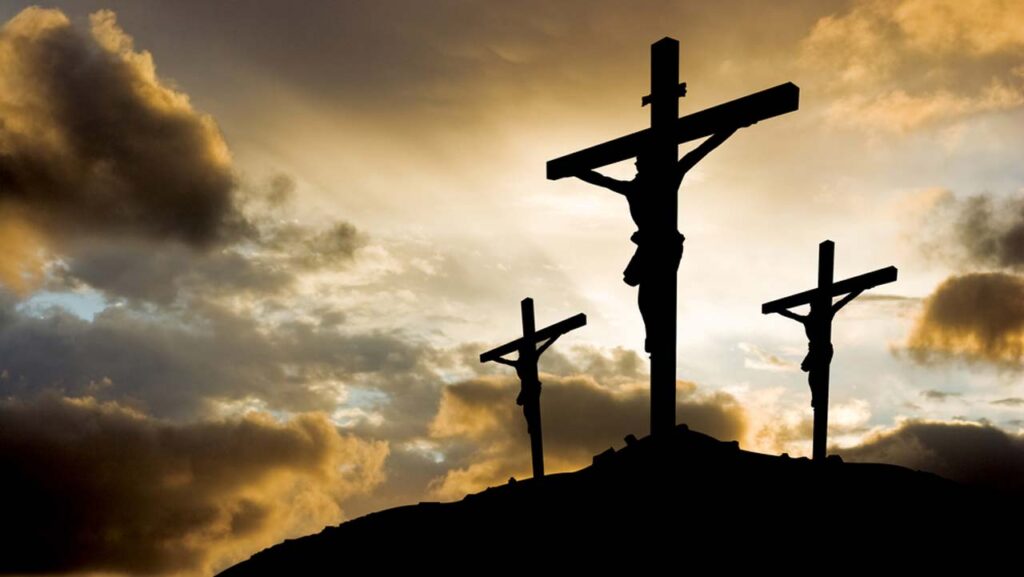
Easter Sunday: April 20
Easter is a significant and joyous Christian holiday that marks the resurrection of Jesus Christ, a cornerstone of the Christian faith. This holiday symbolizes hope and renewal. The roots of Easter can be traced to ancient pagan spring festivals, which celebrated the vernal equinox—a time when day and night are nearly equal in length. These festivals, filled with feasting, dancing and community gatherings welcomed the return of warmer weather.
Easter traditions vary widely across the Christian world. Common practices include sunrise services, where worshippers gather to witness the dawn, and late-night vigils of prayer and reflection. During these occasions, believers greet one another with the joyful Paschal greeting, “Christ has risen!” This tradition is observed by many Christian denominations, including Eastern Orthodox, Roman Catholic, Anglican, Lutheran, Methodist, Presbyterian and Congregational churches.
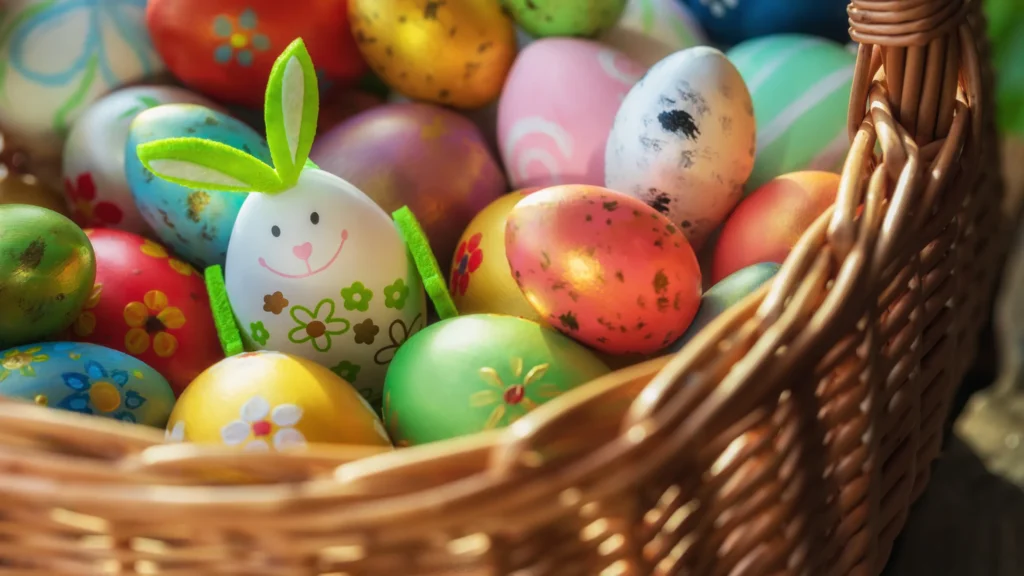
While Easter began as a religious observance of Christ’s resurrection, its meaning has expanded over time. Today, it is celebrated by both Christians and some non-Christians. Modern festivities often feature Easter parades, the Easter Bunny, chocolates and egg hunts, bringing families and communities together in joyful celebration.
Easter Monday: April 21
Easter Monday, the day after Easter Sunday, offers an opportunity for continued celebration. Historically, before the 19th century, the week following Easter Sunday was known as Easter Week, marked by multiple days of observance. Today, Easter Monday is mainly celebrated as a single day, but it remains an important part of many Christian traditions.
Acknowledging the significance of Easter Monday can deepen one’s appreciation of the Easter season. It provides a time for reflection on how the resurrection of Jesus impacts individual lives and those around them. While Easter Sunday focuses on the miraculous resurrection, Easter Monday encourages believers to extend their celebrations and engage meaningfully with their faith.
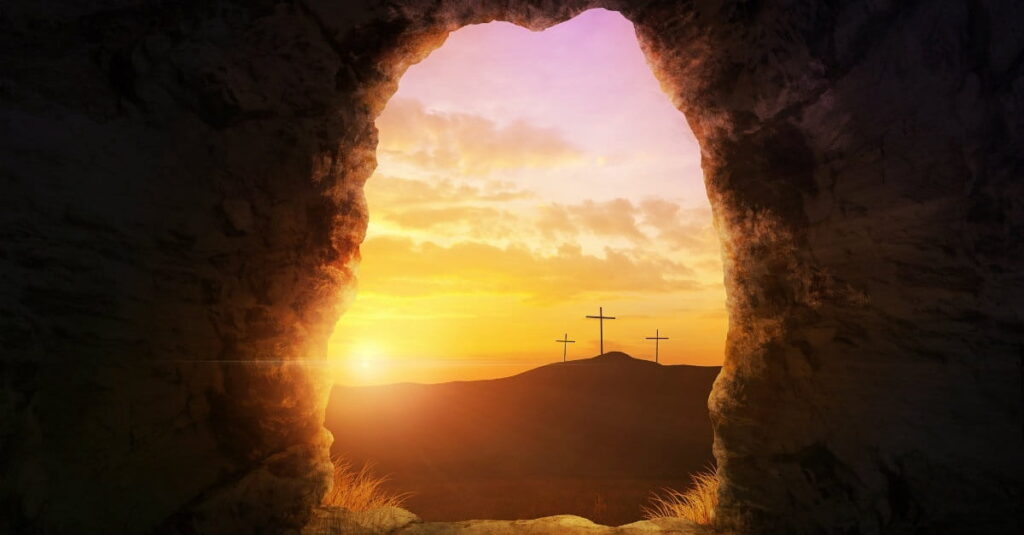
Across the globe, cultures have developed unique ways to observe Easter Monday. Some use the day for rest and reflection, while others participate in community events or church activities. Many also take advantage of the spring weather, enjoying outdoor activities following the solemnity of Lent and the joy of Easter Sunday.
By celebrating Easter Monday, Christians can carry the spirit of Easter Week into their daily lives, fostering joy, community and reflection that enrich their faith journey.
Check out more Grandview Kids articles
- January: Dates of Significance
- Team Grandview achieves Accreditation with Exemplary Standing, receiving a perfect score
- “Grandview Kids became my life raft” – International Day for People with Disabilities
- December: Dates of Significance
- From the search for support to finding a village: Celebrating Giving Tuesday
